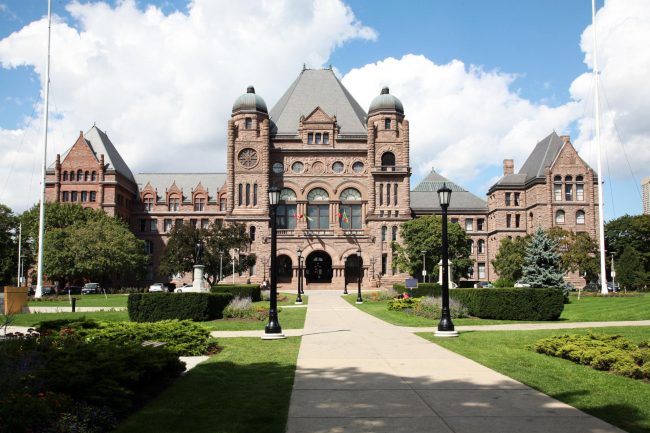Author: Jamie M. Thomas – Concepts of regionalism, alienation, secession, and separation are not new in federal studies. These ideas have been discussed at length in the Canadian case, especially concerning Quebec, and highlight the tension between shared-rule and self-rule in federal countries. In an extremely decentralized and geographically dispersed federation like Canada, it is important to understand the dynamics behind these concepts and how they present differently across the country. Examining how these sentiments differ from each other and have developed within the same federal system can contribute to a greater understanding of the complexities of ‘togetherness and apartness’ in Canada – and by extension – in other federal countries too. Using political culture to explore the origins of and continued support for these concepts in provinces outside Quebec provides an opportunity to assess the current state of federalism in Canada, as well as what actions can be undertaken to improve relationships between the provinces and the federal government.










